In my last column for Property Notify, I wrote about the question that had arisen on whether the Bank of England (BoE) would find it necessary to cut interest rates. As everybody knows, rates have been low for a long time, and for just over a year, they stayed at 0.75 per cent, but there was nevertheless an issue of whether they would need to be reduced further, to boost a weak economy.
As it turned out, the BoE did not cut in late January, and at the time, it appeared that the moment had passed. The Chancellor at the time, Sajid Javid, was planning a big spending boost in the March Budget, so the BoE could hold fire.
Coronavirus shock dents Boris bounce
That reckoned without the coronavirus outbreak, an unexpected economic shock. A few weeks ago, it looked like a big problem for China, but not for most other countries. No longer. Hence the BoE’s emergency rate cut from 0.75 per cent to 0.25 per cent on the day of the Budget, alongside other measures to keep lending flowing to small businesses.
Interest rates are not quite at rock bottom. The BoE has made clear that they can be cut a little further, though they will not go negative. Even so, a rate cut is always welcome for the housing market. The context, however, has changed. In the early weeks of the year, when the market was enjoying a post-election “Boris bounce”, a rate cut would have been a bonus, but not essential.
Now that the bounce appears to have faded, because of worries about the coronavirus outbreak, a rate cut has the capacity to do some good. Confidence is needed, though anecdotally, the market in parts of the country is still quite robust.
If the BoE rate cut was the appetiser for Rishi Sunak’s first Budget, the main course was somewhat lacking. The Chancellor made much of his infrastructure announcements, which included £12.2 billion for the affordable homes programme. This is aimed at achieving the Government’s target of 300,000 new homes a year, which could not be achieved without a significant increase in public housing.
In a wider context, that is important, but the housing market has always been a mixed economy, based on spreading incentives to the private sector as well as the public sector.
Thin pickings for the housing market
Elsewhere in the Budget, however, the pickings were thin. Sajid Javid had hinted as Chancellor that he wanted to reform Stamp Duty. In an interview after his surprise resignation, he repeated that this is what he wanted to do.
There was, however, nothing on this in the Budget, merely a commitment to proceed with the two per cent Stamp Duty surcharge next year for foreign buyers.
This Government is, in many ways, a different kind of Tory administration than that run by David Cameron or Theresa May. That difference is mainly reflected, however, in its willingness to spend a lot more public money. Landlords who were hoping for an easier time, and some policy changes, were hoping in vain.
This is an unusual time. The country is bogged down with the coronavirus crisis, which the experts say will get worse before it gets better. The BoE’s rate cut and other measures will help the country get through it, as will Rishi Sunak’s short-term measures and actions by the banks.
These will include deferring mortgage payments for virus-hit borrowers experiencing a drop in incomes. The dust will settle. But it may take a while.



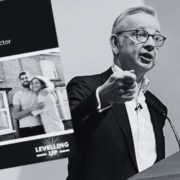
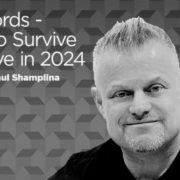


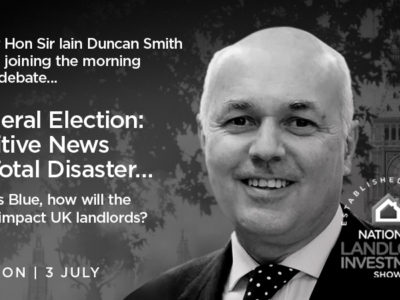



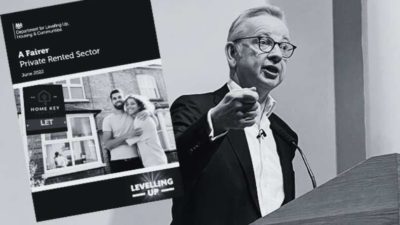

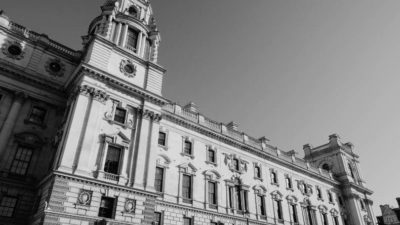






Comments